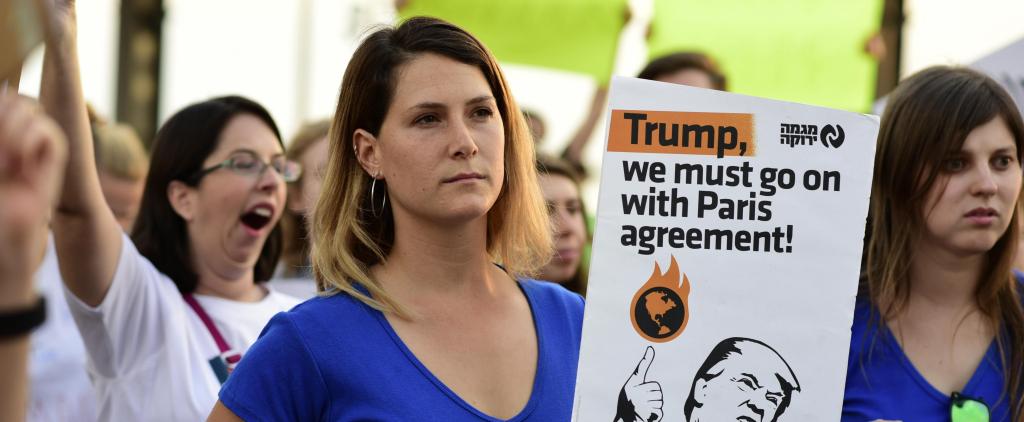The challenges posed by climate change and the erosion of democracy are inextricably linked. Climate change threatens not only the environment but also the stability and prosperity of nations, exacerbating social and political tensions that can undermine democratic institutions. Conversely, transparent, inclusive, and accountable governance will be indispensable to reaching and implementing multilateral accords in the field of climate change.
Authored by AHCD researchers Laura Bullon-Cassis, Christine Lutringer, and Héloïse Bellenot, this AHCD Issue Brief (n.1/2024) seeks to examine the interplay between democracy and multilateralism in facilitating collaboration among nations to achieve shared goals related to climate change mitigation and adaptation.
The first section reviews challenges to democracy at the multilateral level, underscoring exclusionary practices in UNFCCC negotiations themselves and elaborating on some lessons that can be learned from observing negotiations at the UNFCCC, including that democratic countries are not necessarily those that feature the best results or deliver the most concrete action. Thus, this section emphasises that these complexities do not neatly align with the democratic-non-democratic axis. The second section of the brief takes stock of the criticism voiced against democratic governments, which are largely represented among the countries having ratified the Paris agreements. Delving into the national dynamics, including populism, it reviews some key issues associated with democratic political systems, such as short-termism and their vulnerability to the influence of lobbies, which arguably hinder their ability to respond effectively to climate change. These aspects have nurtured criticisms of democracies about the relevance of democratic institutions to provide a rapid and effective response to the challenges posed by climate change.
Against this backdrop, the brief aims at reviewing some key processes and issues that need to be considered when asking the following question: what are good democratic practices for climate action? What lessons have we learned since the adoption of the Paris Agreement?
This overarching question provided the thread to this brief and to the Expert Roundtable convened by the Kofi Annan Foundation and the Graduate Institute’s Albert Hirschman Centre on Democracy on 16 April. The Roundtable also produced an outcome document, which synthesizes key input from participants.
This is the first of a series of six briefs and roundtables in a two-year joint project by the Albert Hirschman Centre on Democracy and the Kofi Annan Foundation which seeks to further a common understanding of how democratic, ethical, and inclusive leadership is essential to solving global challenges such as the climate crisis.
READ the Issue Brief on Climate and Democracy.
READ the Outcome document of the Roundtable.


